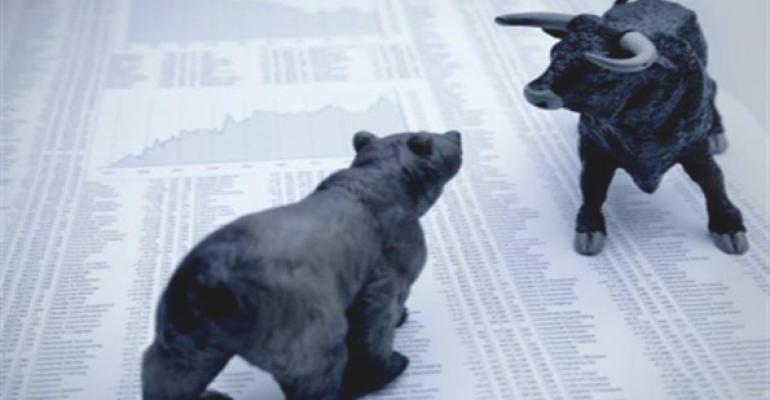It seems like a distant memory, but at one point retail investors were pouring their money into stock mutual funds and pulling their assets out of bond funds, much the opposite of what we’ve seen for the last six years. In a recent blog post, hedge fund manager Jonathan Hoenig of Capitalistpig takes a fond look back at the good ol’ days of 2000, when retail investors were euphoric.
Thirteen years ago, investors were doing just the opposite, pouring money into stock mutual funds and yanking it out of bonds. $309 billion was invested into stock funds that year, while bond funds saw $48 billion in outflows, adding to the $6 billion withdrawn in 1999.
Smartly, Hoenig called it back in the day that retail investors were not prepared for the downside of the market, and had been conditioned to believe that stock mutual funds were “insured.” He was right then, and now he’s making the same argument about bonds, saying that this generation of investors have never seen a bear market in bonds:
After a nearly half-decade rush into fixed income and almost uninterrupted 30-year bull market, you can now make the same cautionary claim about bonds, which most of today’s investors can’t recall ever going down.
But when will investors again start pouring money back into equities and out of bonds? I think it’s going to take longer than Hoenig might expect.
I spoke today with Bernstein Research analyst Brad Hintz, who said not to expect retail investors to get off the sidelines in the near future—meaning in the next 12 months. (Knock on wood.)
Hintz’s theory is that new money flows into mutual funds is closely correlated to non-farm payroll. And it makes sense—“If you’re worried about your job, you want to be in cash.”
As of today, there’s been little change in retail investor sentiment. According to Morningstar, 2012 outflows from actively managed U.S. equity funds surpassed those seen in 2008. “Despite the fact that the S&P 500 was up 16 percent for the year.”
Here’s hoping to a boost in non-farm payroll this year.


